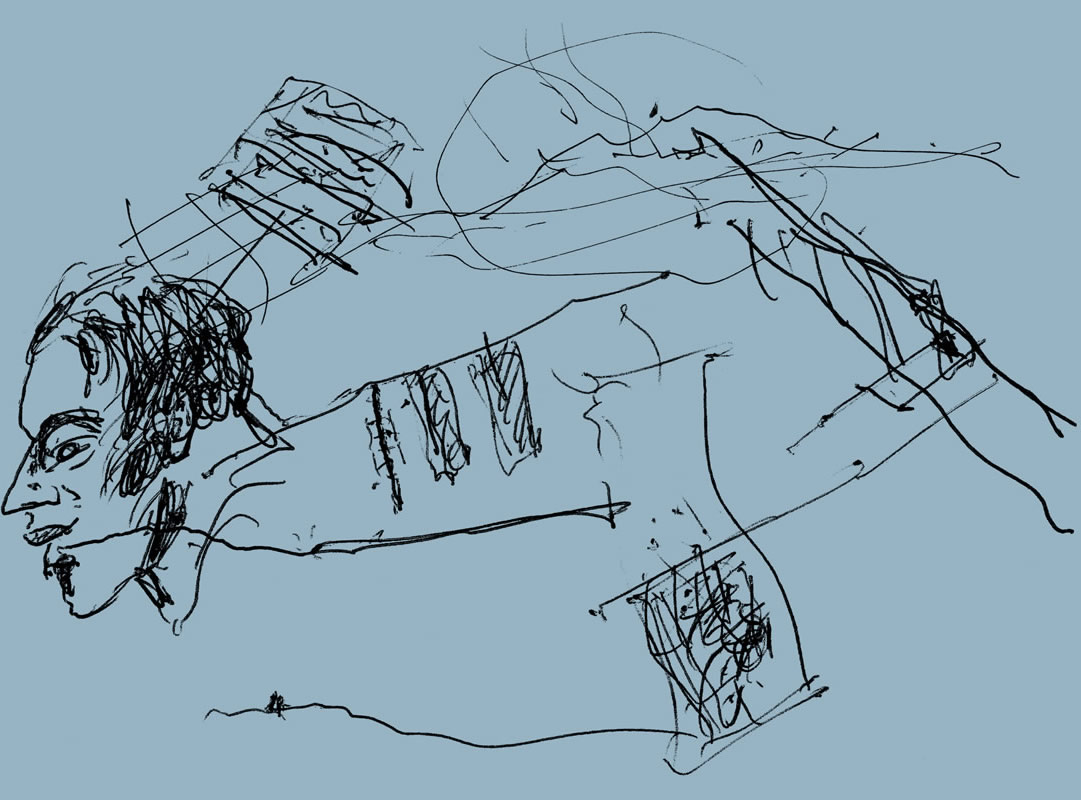The latest instalment of our new series of AR Reading Lists: seven carefully chosen pieces from our archive, free for registered users
A city is difficult to reduce, it evades any full description. There is an editing process that is requisite when thinking about a city because it is made up of networks, of infrastructure, people, family, of buildings and streets and economic transactions and parks and alleyways. Some things are connected and some things are fragmented. It escapes total synthesis. Edward Lewis says ‘we wear our houses and our cities like clothes’.
The dull result of globalisation is that many cities have become flattened, diluted with the same international brands, coffee shops, food outlets. At the same time social media connects each atomised city into one web of expression, leading to eruption of revolutionary movements around the world. Chants spread from city to city, the same words reverberating in new streets. This week’s reading list pulls together several ‘city portraits’. These are essays that use the city as the site for rethinking very different subjects: from food to housing and from racial segregation to sacrality.
Register for free to read today and receive the AR Reading List straight to your inbox. Stay safe, and happy reading!
- Seeing red: racial segregation in LA’s suburbs, AR May 2019, Andrea Gibbons ‘LA is orchestrated to ensure movement from enclave to privileged enclave for a few, enabling ignorance of the poverty and structural violence experienced by millions walled into place’
- Driving the social divide: planning in Belfast reinforces the city’s segregation, AR June 2019, Mark Hackett ‘The current mode of development is manifestly creating a more insidious and deep schism, Belfast is still a city divided’
- Brasilia, AR February 1959, J.M.Richards and J.De Sousa-Lea ‘It is otherwise fairly featureless except for a distant rim of mountains in every direction. Its shape is a plateau with only minor undulations, rising slightly towards its centre’
- Makkah’s popularity: a tale of two cities, AR May 2018, Hessa Albader, Hussam Dakkak and Basmah Kaki ‘Architecture takes the construction of the city as an embodiment of history, tradition and culture to engender the formal basis of new typology’
- Unequal measures: the right ot the city in Lagos and Addis Ababa, AR June 2018, Marco di Nunzio ‘Architects need to disengage from the idea that architecture and building per se have the potential to unlock and deliver trajectories of empowerment and emancipation’
- Najaf, AR July 1945, Edward Lewis ‘Since we wear our houses and our cities like clothes, is it really so inconceivable that in some fantastic and special circumstances of psychology, setting, and design, the individual personalities within them, once rich and warm, might fade into a collective mask, or even completely vanish, like the bones and flesh of an invisible Superman’
- Reading the city: Roland Barthes in Paris and Tokyo, AR January 2019, Edwina Attlee ‘This city can be known only by an activity of an ethnographic kind: you must orient yourself in it not by book … but by walking, by sight, by habit, by experience; here every discovery is intense and fragile’
Subscribe today to join the conversation and help support independent critical architectural writing. Digital subscriptions are available and all our content is available online, anywhere in the world
 The Architectural Review An online and print magazine about international design. Since 1896.
The Architectural Review An online and print magazine about international design. Since 1896.


